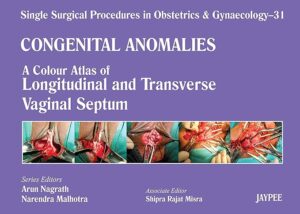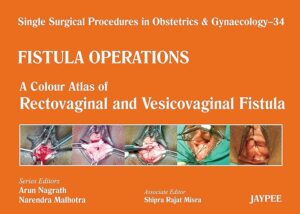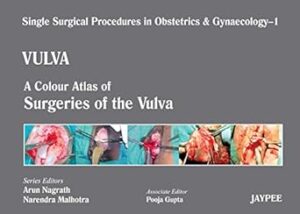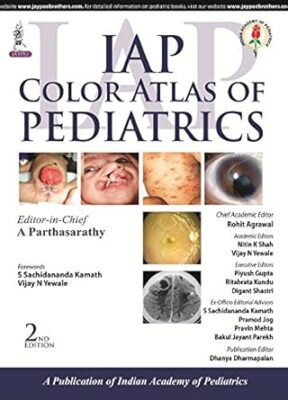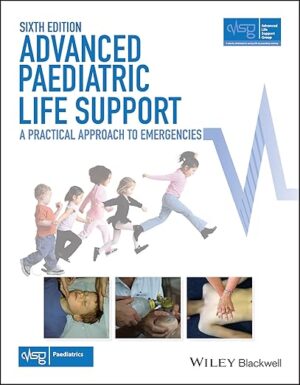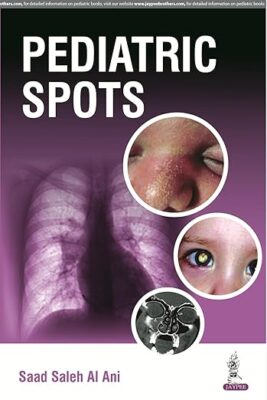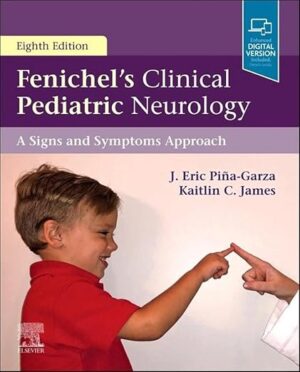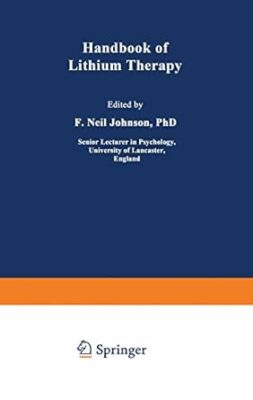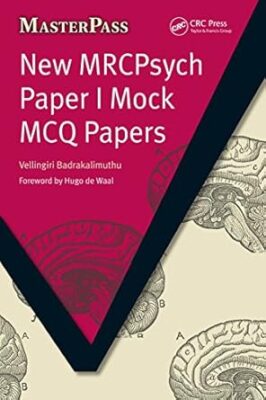Trends in Innate Immunity (Contributions to Microbiology, Vol. 15)

The last decade has witnessed the delineation of innate immunity – a new area which has revolutionized our understanding of host-parasite interactions and their impact on defense mechanisms in infectious and noninfectious diseases. This volume of the book series ‘Contributions to Microbiology’ provides an update of the current knowledge of this expanding field of research and highlights some of its most important aspects. In eleven state-of-the-art articles, eminent international experts in the field address topics such as the innate immune system in mammals and insects, microbial protein ligands, antimicrobial peptides, complement, antibacterial chemokines, the role of neutrophils and monocytes, oxidative innate immune defenses and the effect of aging on innate immunity.
The book will be a valuable resource for microbiologists, immunologists, students, scientists of other related disciplines, and clinicians with an interest in infectious or immunological diseases.









